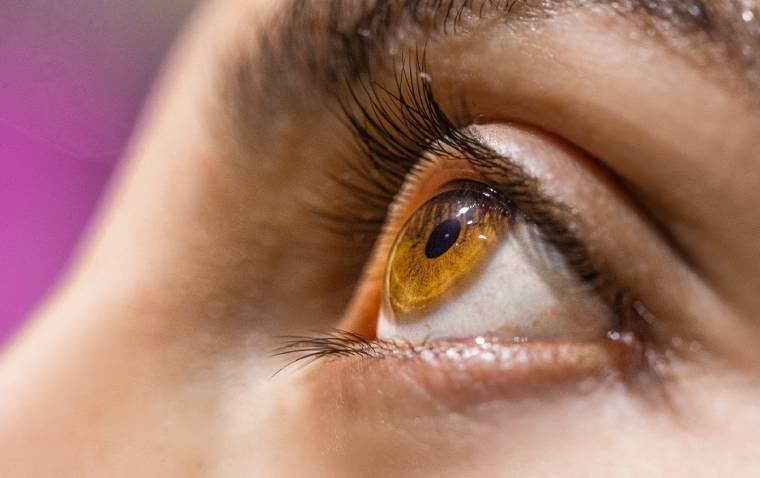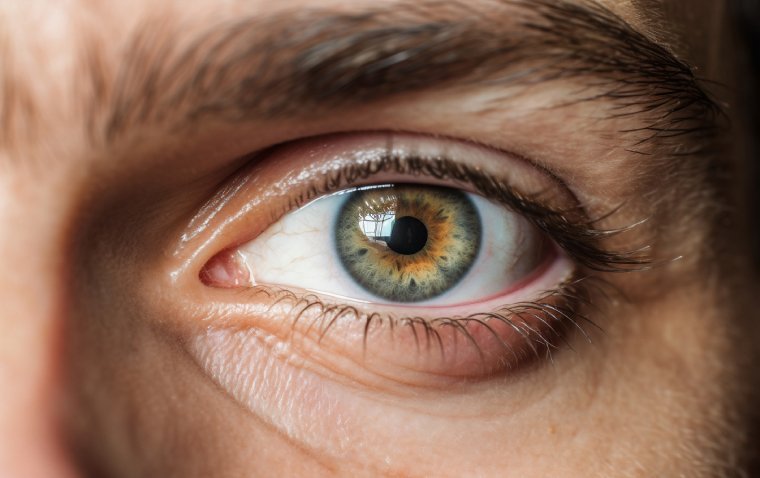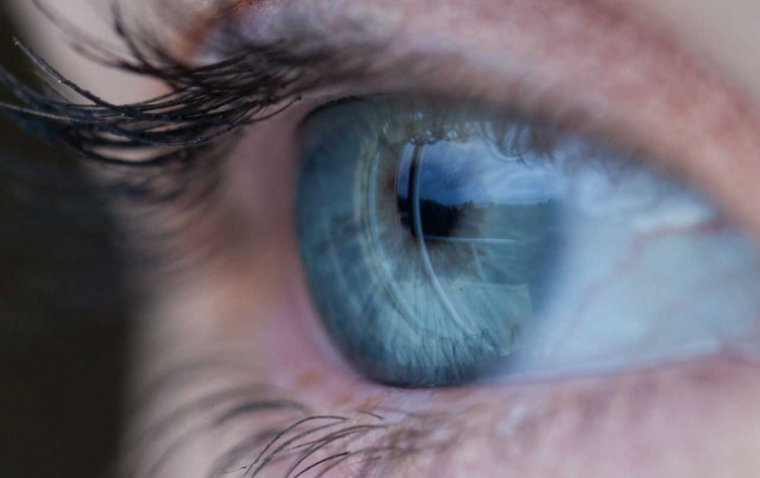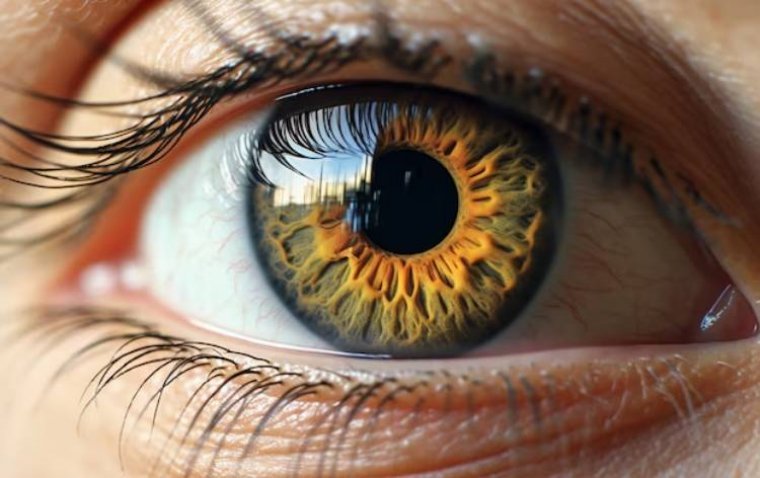
AI Matches Ophthalmologists in Diagnosing Corneal Infections, Study Reveals
Artificial intelligence (AI) is emerging as a valuable tool in diagnosing infectious keratitis (IK), a leading cause of corneal blindness worldwide. A recent study published in eClinicalMedicine has shown that deep learning (DL) models demonstrate similar diagnostic accuracy to ophthalmologists in identifying this condition, highlighting the technology’s potential in eye care.
Meta-Analysis Demonstrates AI's Accuracy in Diagnosing IK
The study, led by Dr. Darren Ting from the University of Birmingham, conducted a meta-analysis of 35 studies that evaluated the effectiveness of DL models in diagnosing infectious keratitis. These models were assessed against ophthalmologists' diagnostic performance.
AI models matched ophthalmologists in diagnostic accuracy, achieving a sensitivity of 89.2% and a specificity of 93.2%. By comparison, ophthalmologists had a sensitivity of 82.2% and a specificity of 89.6%. The AI models analyzed over 136,000 corneal images, further demonstrating their potential for clinical application in identifying corneal infections.
Potential to Revolutionize Eye Care Globally
According to Dr. Ting, Senior Author of the study and Consultant Ophthalmologist at the University of Birmingham, the results are promising. “Our study shows that AI has the potential to provide fast, reliable diagnoses, which could revolutionize how we manage corneal infections globally,” Dr. Ting said. He emphasized that this advancement is particularly crucial for regions with limited access to specialist eye care, where AI could help reduce the burden of preventable blindness.
AI's Role in Identifying Causes of Corneal Infections
The AI models were not only effective in distinguishing between healthy and infected eyes but also in identifying the underlying causes of infectious keratitis, such as bacterial or fungal infections. This capability is vital for timely and accurate treatment, which can prevent severe complications and vision loss.
Challenges and Future Considerations
Despite these encouraging results, the study's authors stressed the importance of further development. They highlighted the need for more diverse data and external validation to enhance the reliability of these models for widespread clinical use.
Infectious keratitis is a significant health issue, particularly in low- and middle-income countries, where access to specialist care is often scarce. As AI technology continues to advance, it holds the promise of becoming a pivotal tool in combating corneal blindness on a global scale.
Conclusion
This study underscores the potential of AI to revolutionize eye care by providing accurate, fast, and accessible diagnosis of corneal infections. With continued refinement and validation, deep learning models could play a key role in preventing corneal blindness worldwide, particularly in underserved regions.
References
Zun Zheng Ong et al, Diagnostic performance of deep learning for infectious keratitis: a systematic review and meta-analysis, eClinicalMedicine (2024). DOI: 10.1016/j.eclinm.2024.102887
(1).jpg)










